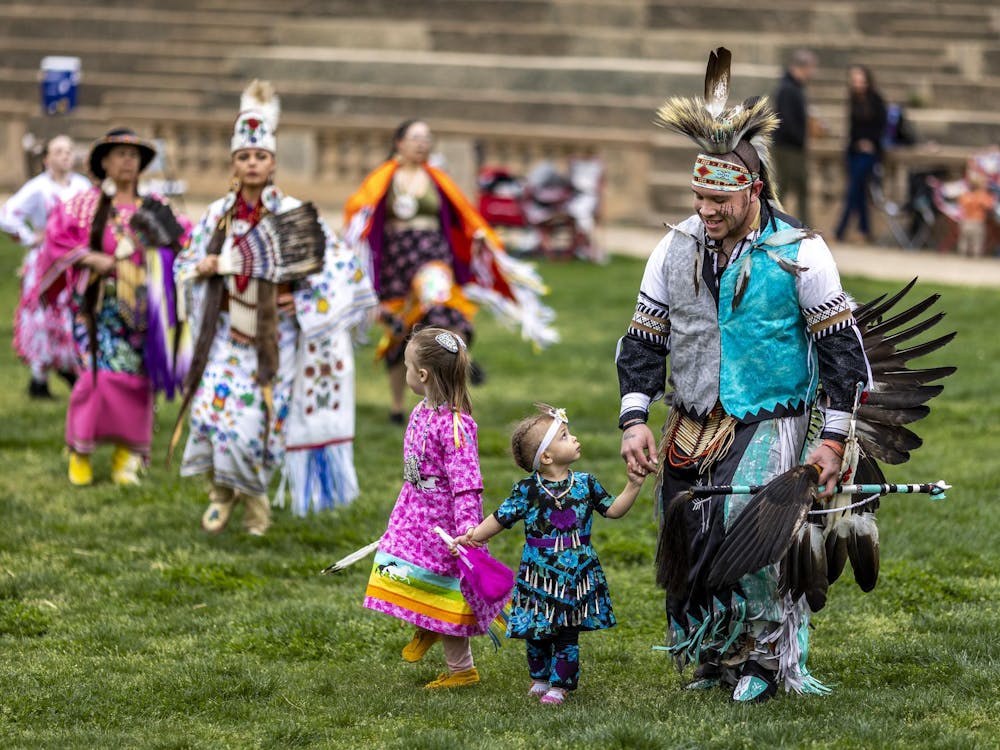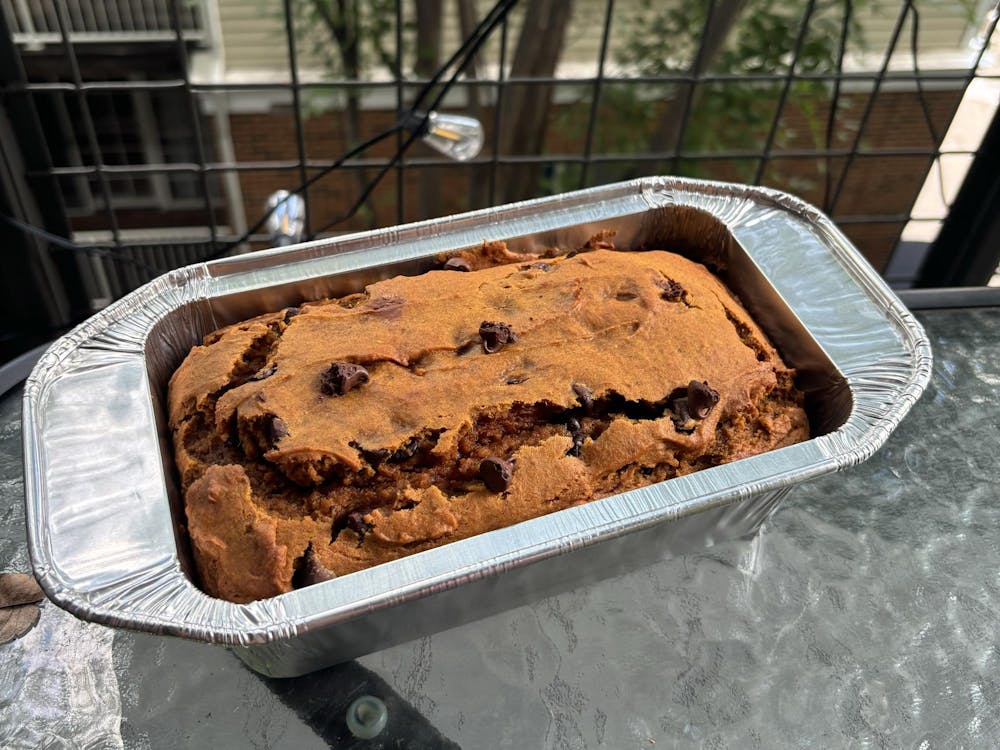Today my father is getting a pacemaker. At 21 I never thought I would say those words about my 61-year-old father. I thought pacemakers were for old people with weak hearts. And though I joke with my parents about how old they really are, 61 doesn’t seem like the right age to mechanize a heart. Shouldn’t it still be as strong as the body in which it resides?
At first, I didn’t think that I was bothered by my father’s eminent surgery. The way he grumbled about it, the way my mother joked about how he was a world-class athlete with a heart rate so low, the way the doctor said it was standard operating procedure, I figured it couldn’t be all that bad. It was a quirk, a joke, a quick in-and-out that results in a battery-operated body part.
But then on Sunday night, while I was helping my boyfriend mop his fraternity’s basement floor — if that isn’t commitment, I don’t know what is — I told him about my father’s upcoming surgery. He stopped, resting his head on his mop’s handle: “Oh, I didn’t know that. Why didn’t you tell me?” I kept moving dirty water back and forth in front of me, realizing that if I answered I may start crying. And then I knew that I was worried, that I’d I been worried for months. I hadn’t let myself fathom that kind of worry, because it signified something too large, too scary: My father’s heart isn’t strong enough.
No one wants to see someone they love in a vulnerable position, especially if that someone is their father. I realize how human my mother is all the time. Maybe it’s because I see myself in her, because she sees herself in me. Maybe it’s because we both laugh, cry, scream in turn and then hug for a long time after.
My father is not human, at least not in the open-book, up-front way I am so used to with my mother and sister. He shows himself to be vulnerable, but only when he thinks no one is looking. We find him asleep on the couch, two cats and one dog curled in the crooks of his arms and legs. We find him early in the morning in the middle of the winter, putting food in the bird houses outside, because when it’s cold they need a little extra help. I find myself, sometimes, thinking about those moments years ago when Daddy cried at both his parents’ funerals. His face — the one that’s turned into leather-stone, from sand, sun, wind and life — broke into a million pieces. The leather-stone crumbled with the onslaught of tears. My father, the family rock. My father, the vulnerable man.
Daddy says that he doesn’t want a pacemaker because it will make him live forever. Even when he’s old — old, old, not 61 old — and on his last breath, his heart will keep beating. My parents never want to be that kind of vulnerable — the kind where the only things keeping them alive are the organs in their bodies. They’ve told us to take them out into the Chesapeake Bay and dump them overboard before we ever put them in a home, before we ever have to care for them as they once cared for us. We all laugh. But I feel it — the fear. My brother, sister and I stare back at them wide-eyed and slack-jawed. One day they won’t be around? One day it will just be us?
I see so much of my father in my brother. Although my mom says that Charlie looks more like her, I think he’s got more of my dad in him. I think that Charlie has grown into the features that render him so like my father. Maybe my sister and I had to leave before the two of them could turn into one another, Charlie keeping Daddy young, Daddy helping Charlie turn into an almost-man, a boy on the cusp of something bigger than himself. My mom got to do that with her daughters — meld and mold and in turn be molded too. So Daddy got Charlie. They shoot guns in the marsh and watch the Redskins try to win. They curl up with bowls of cereal (Charlie) and mugs of beer (Daddy) on various couches and chairs and beds with our six various cats and dogs. In Charlie, I see Daddy’s big, sensitive heart. They try to have an outer shell of stoicism, of unfeeling coolness. Fortunately, they’re not very good at maintaining this facade.
Daddy’s nickname 30 years ago was “Cool Daddy.” He was given this name long before he could even fathom his future as a husband, let alone as a father. As small children my father shared his past with us by teaching us to shriek: “Cool Daddy was a moon dog!” To us, that was the present moment, the exciting now-ness of our looming and loping father’s alternate identity. To him, that was both then and now, the kind of melding and molding that pulls your children into you, that helps you all grow big and strong. The kind of medicine that’s good for the heart, that makes it beat a little better because it’s got good blood running through it — family blood that resides in my mother, father, brother, sister. In me.
Charlie may be more like Daddy than the rest of us, but I like to think that I’m Daddy’s favorite. That doesn’t mean that he loves me best, just that maybe, if he had to give us instructions on how to live, he’d make sure that I was the one in charge. My sister is the sensitive, silly one, my brother is the comrade and pal. I’m the oldest, if only by two minutes. I like to put my senior picture next to my father’s senior portrait. Connelly, class of 2009. Scott, class of 1969. Even my mother admits, we look just the same. It’s the nose. The eyes. The hair. And I think underneath those black robes beats the same strong heart.
Daddy’s going to be okay. His heart will beat better; it just needs a little extra help. And the part of me that is so worried, so scared, is overshadowed by the part that has a lot of hope. I think it’s okay if Daddy lives forever, because I cannot fathom the world any other way.
Connelly’s column runs biweekly Wednesdays. She can be reached at c.hardaway@cavalierdaily.com.




